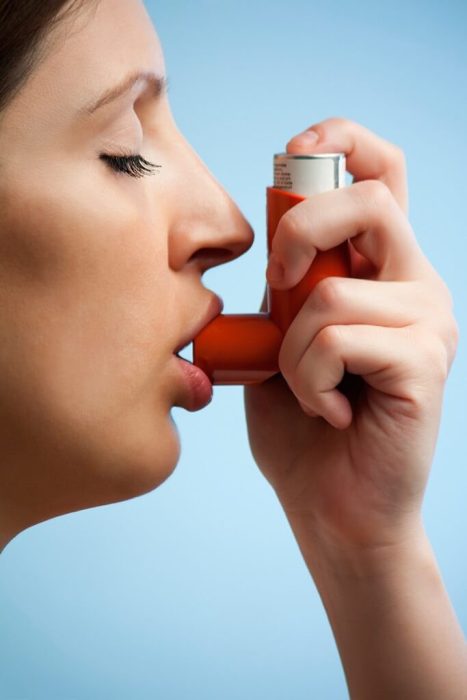Location of study:U.S.
Results:More research is touting the benefits of red wine. Researchers from the University of Colorado Cancer Center now say that a specific compound present in the skin of the grape (called resveratrol) actually targets and destroys cancer-causing cells that have DNA damage. “It’s killing off the cells that have that damage,” says investigator Robert Sclafani, PhD. “The idea is that those cells that have the most DNA damage will be killed by the compound, and those are the cells that are most likely to give rise to cancerous lesions.” Significance:Before you reach for a beer or mixed drink, keep in mind that the findings were limited only to red wine – and in moderate amounts. (Even white wine is exempt.) Even so, excessive drinking can lead to a backup of carcinogens in the body. Sclafani says the best advice is to eat foods that naturally have a high amount of resveratrol, like raisins and peanuts. “The bottom line is we think that certain foods that contain resveratrol are going to be beneficial to you because in the long run, it’s going to prevent cancer,” he says. New breast cancer vaccine does well in trial Location of study:U.S.
Study subjects: 26 women with metastatic breast cancer
Results:A new breast cancer vaccine is leaving researchers feeling encouraged. In a recent study, half of the 14 participants who received the vaccine experienced no progression of their cancer one year following vaccination. When compared to a control group of 12 patients who did not receive the vaccine, those who did showed prolonged progression-free survival. Significance: This isn’t the first breast cancer vaccine, but it is different in that it targets a protein called mammaglobin-A – which is dramatically over expressed in most breast cancers. “This trial kind of confirmed that mammaglobin-A is a very attractive candidate for a breast cancer vaccine,” says senior author and breast cancer surgeon Dr. William E. Gillanders. The next step is to test the vaccine in patients with early-stage breast cancer. First-ever guidelines for circumcision are in the works Location:U.S.
Results: The benefits of circumcision appear to outweigh the risks, according to new federal guidelines currently being drafted by U.S. health officials. The CDC says there is currently enough medical evidence to support the claim. According to the agency, the procedure is thought to reduce the chances of contracting HIV and other STDs from an infected female partner. Circumcision also decreases the likelihood of developing penile cancer. Significance: The announcement represents the first federal guidelines on circumcision. According to the AP, national circumcision rates have been on the decline for over 30 years, despite the reported health benefits. One 2014 University of Montreal study even found that men who underwent the procedure after the age of 35 reduced their prostate cancer risk by 45 percent. Content provided by ZipTrials, a trusted source for the most up-to-date medical news and trending health stories.
This Week in Health: Red wine may stave off cancer

THINKSTOCK
























